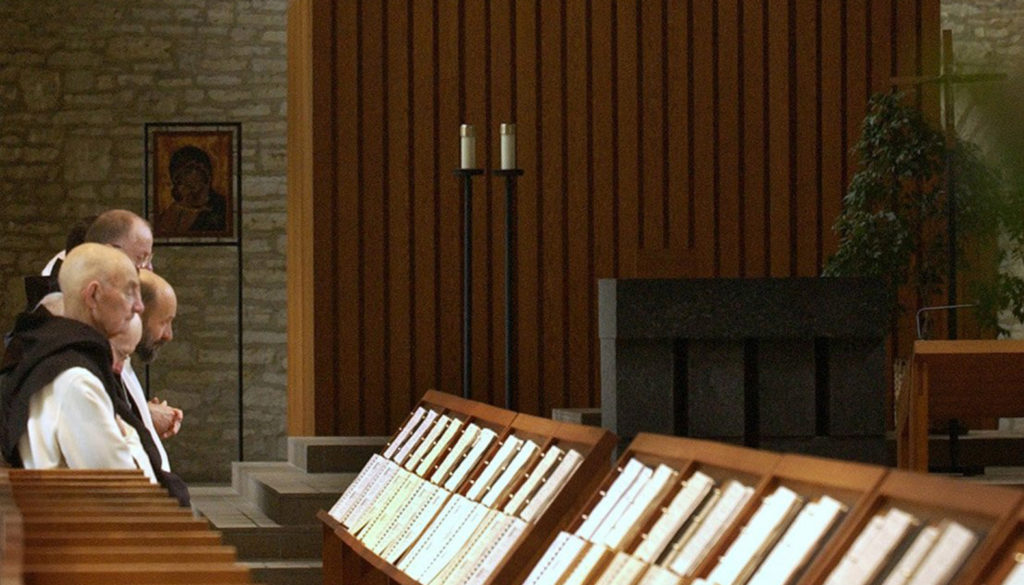Ascetics were on to something.
With the saturation of talking heads, social media influencers, political commentators, and a plethora of “experts,” the noise is deafening. I can now appreciate the motivation of 12th-century hermits who sought the solitude and quietness of Mt. Carmel in the Holy Land. They had shelter, Scripture, other holy books, and all the locusts and honey they could eat. Those of us today would demand so much more, just as these ancients would have been happy to do with less.
Hermits used quiet and solitude to produce gargantuan amounts of prayer and practical theological works of wisdom. Modern-day podcasts, YouTube channels, Twitter accounts, TikTok videos, and whatever else the internet has to offer generate a lot of heat but little light. This is especially true when it comes to Catholic commentary in this technological terrain. One might even suggest there are too many columnists these days, but let’s not get carried away.
There never were “good old days,” but the not-so-distant past does seem to have been more serious than our current state of high-tech intellectual static. Anyone with a microphone and an ax to grind about the Church has an outlet now. Some have higher education credentials and others just have good technology at their disposal.
Whether they have doctorates or not, they all have opinions. The tendency, and I have fallen prey to this, is to latch on to some of these commentators to validate something I am already thinking. This provides a sense of comfort, and with a world and a Church in a constant state of disarray, we all need that. But it is fleeting.
It is inevitable that whoever is the flavor of the day online in any form of commentary will eventually disappoint. Our favorite experts will sooner or later say something that will get the “Spidey-sense” tingling.
Maybe it is part of the way in which people receive notoriety nowadays in our culture. Bands and musicians used to have to spend years practicing in garages, playing backyard weddings, and then graduating to dive clubs before a record company would even sniff at them.
Today they go on a TV show, win a contest, and in a flash they are on a big stage somewhere, ready or not.
Pop stardom is now, was then, and ever shall be a trivial diversion. The teachings of the Church through the magisterium and thousands of bishops around the world in union with the Holy See is serious business. That last sentence alone could probably fuel a month’s worth of content online from Catholic “experts” covering a range of opinions that would cause a spectrograph to melt.
St. Augustine did not win “North Africa’s Got Talent” and get a book deal for “Confessions.” He lived his life first — a good portion of which could not be recounted here due to its R rating. But with the grace of God and the incessant praying of St. Monica on behalf of her wayward son, he grew and transformed into the Church Father who continues to influence so many.
Jesus spent the first 30 years of his life preparing for just three years of public ministry. The human nature of Jesus needed seasoning and to experience the real world. Working alongside his father in a carpenter’s shop gave him that human connection of what it meant to work with one’s hands and understanding the pressure a husband is under to provide for his wife and child. This gradual and organic approach might account for the fact that Jesus only flew off the handle once in three years and then it was for a good reason.
We put microphones and a video camera in front of someone now and flying off the handle is the least of our worries. This is not to say we should avoid having opinions or disagreeing with one another. There is just a better way to do it than a drive-by tweet or Facebook comment.
And in the end, there is only one voice we need to keep in our heads and that voice doesn’t need a microphone — only a hill from which to broadcast his message.

